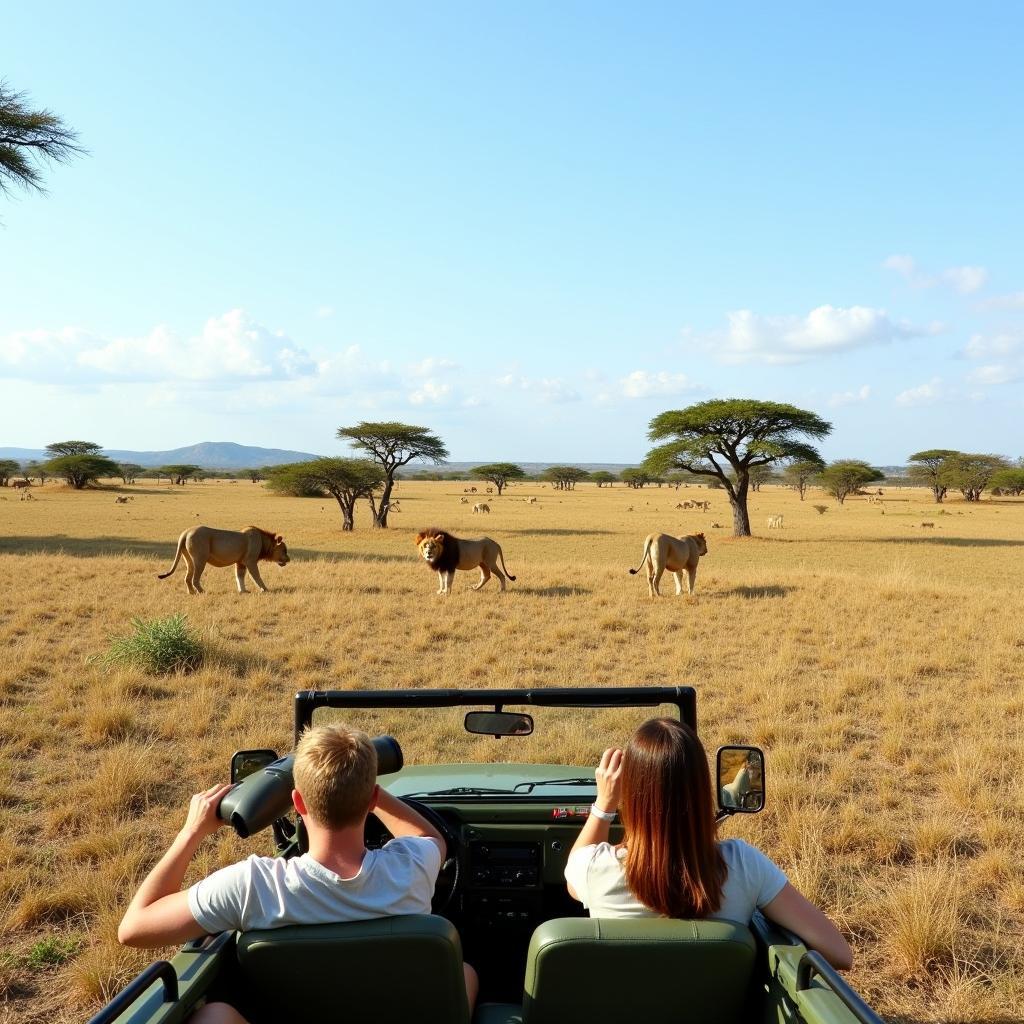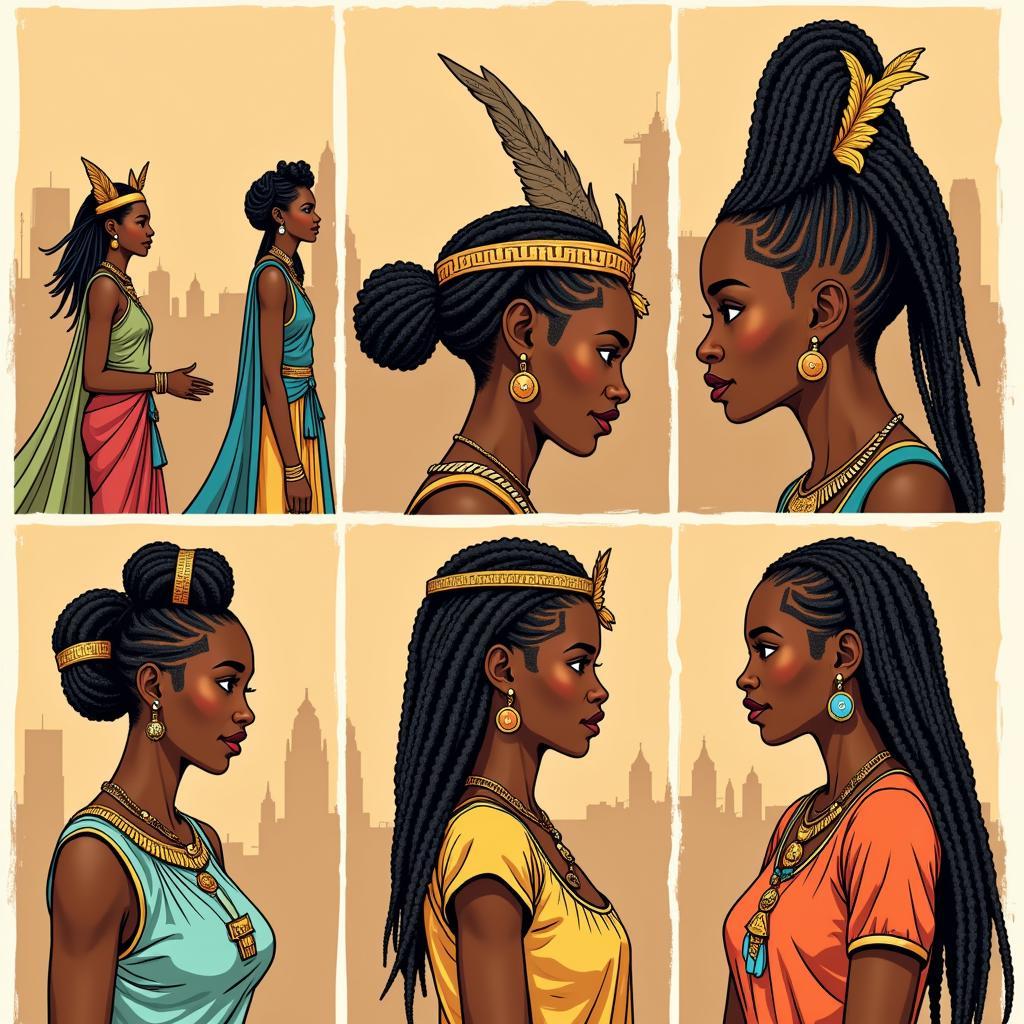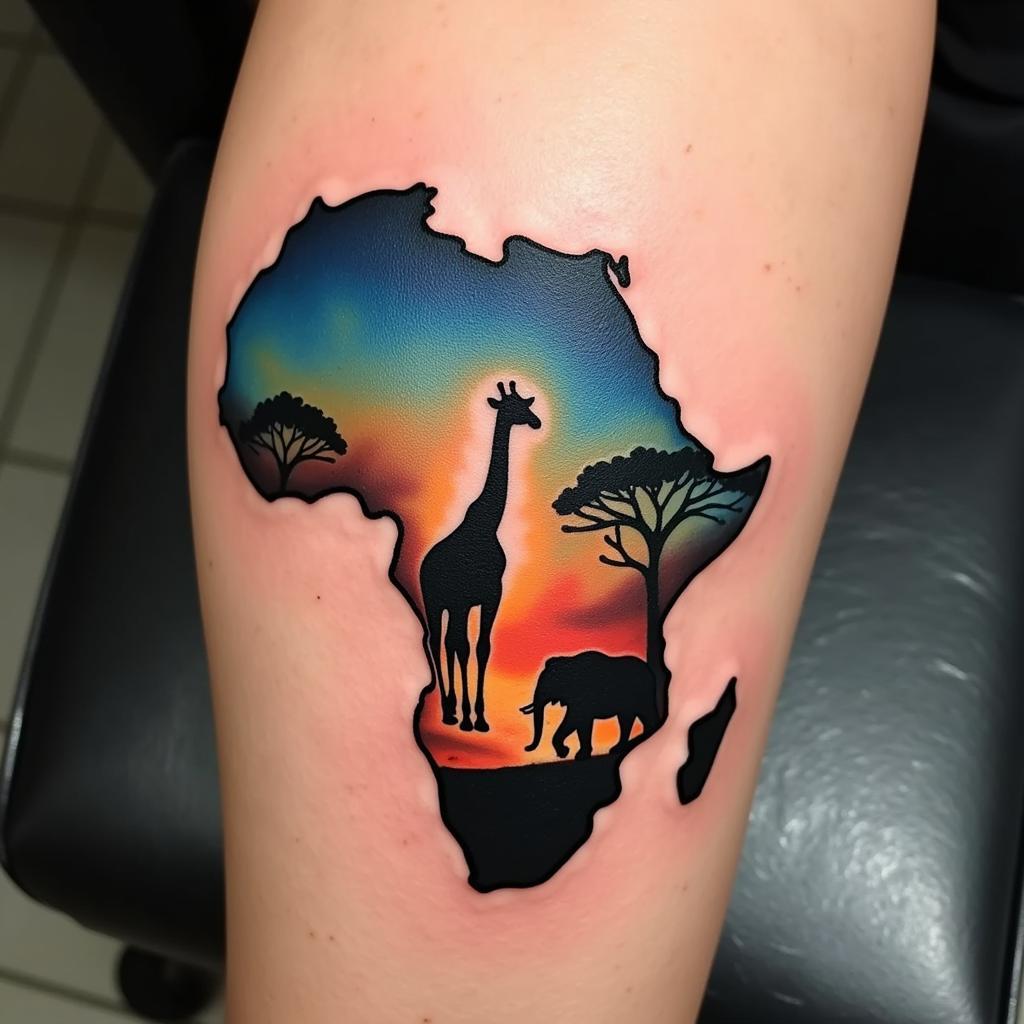African Countries and Their Currencies With Symbols
Africa, a continent renowned for its rich cultural tapestry and diverse landscapes, is also home to a fascinating array of currencies. Each currency tells a unique story, reflecting the history, economy, and identity of its respective nation. If you’re planning a trip to Africa or simply curious about its monetary systems, let’s delve into the fascinating world of African currencies and their symbols.
Exploring African Currencies
There are 54 countries in Africa, and each has its own unique currency. Some of these currencies are pegged to major international currencies like the US dollar or the euro, while others float freely on the foreign exchange market. The names of African currencies are often derived from local languages, historical events, or even natural landmarks.
The Big Five: Most Widely Traded African Currencies
While all African currencies play a vital role within their respective countries, some are more widely traded and influential on the global stage. These include:
- South African Rand (ZAR): The South African Rand, symbolized by “R”, is the currency of South Africa and is also legal tender in Eswatini, Lesotho, and Namibia. It is one of the most traded currencies in the world and is known for its relative stability.
- Egyptian Pound (EGP): The Egyptian Pound, symbolized by “LE” or “£”, is the currency of Egypt. It’s a popular currency in North Africa and is tied to the Egyptian economy, which is heavily reliant on tourism and the Suez Canal.
- Moroccan Dirham (MAD): The Moroccan Dirham, denoted by “DH” or “د.م.”, is the official currency of Morocco. It’s a relatively stable currency and is often used for transactions in neighboring countries.
- Nigerian Naira (NGN): The Nigerian Naira, represented by “₦”, is the currency of Nigeria, the most populous country in Africa. It’s a major currency in West Africa and is a key player in the region’s economic landscape.
- Kenyan Shilling (KES): The Kenyan Shilling, denoted by “KSh”, is the currency of Kenya. It’s a significant currency in East Africa and is known for its relative stability.
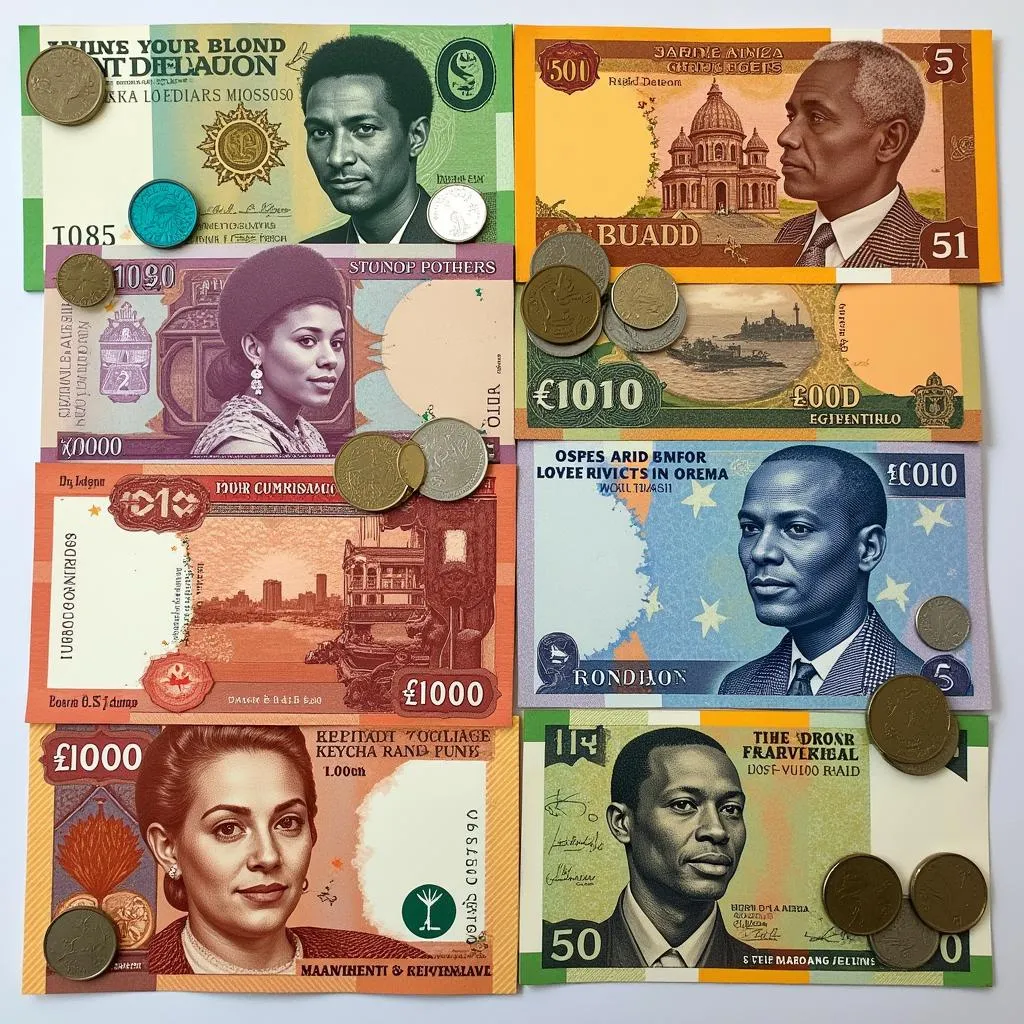 Collage of African Currency Notes and Coins
Collage of African Currency Notes and Coins
Currency Symbols and Their Meanings
Many African currencies have distinctive symbols that represent their history, culture, or economic significance. Here are a few examples:
- South African Rand (R): The “R” symbol is derived from the Dutch word “Rijksdaalder,” which was the name of a currency used in the Dutch Republic.
- Egyptian Pound (LE or £): The symbol “LE” stands for “Livre Egyptienne,” which translates to “Egyptian Pound” in French. The “£” symbol is a stylized “L,” representing “libra,” the Roman unit of weight, from which the pound is derived.
- Nigerian Naira (₦): The “₦” symbol is a combination of two parallel lines crossed by a vertical line. It represents the letter “N” for Naira and incorporates the concept of equality and balance.
The Role of Currency in African Economies
Currencies play a vital role in the economies of African countries. They facilitate trade, investment, and economic growth. A stable currency can attract foreign investment and boost economic confidence, while a volatile currency can hinder economic development.
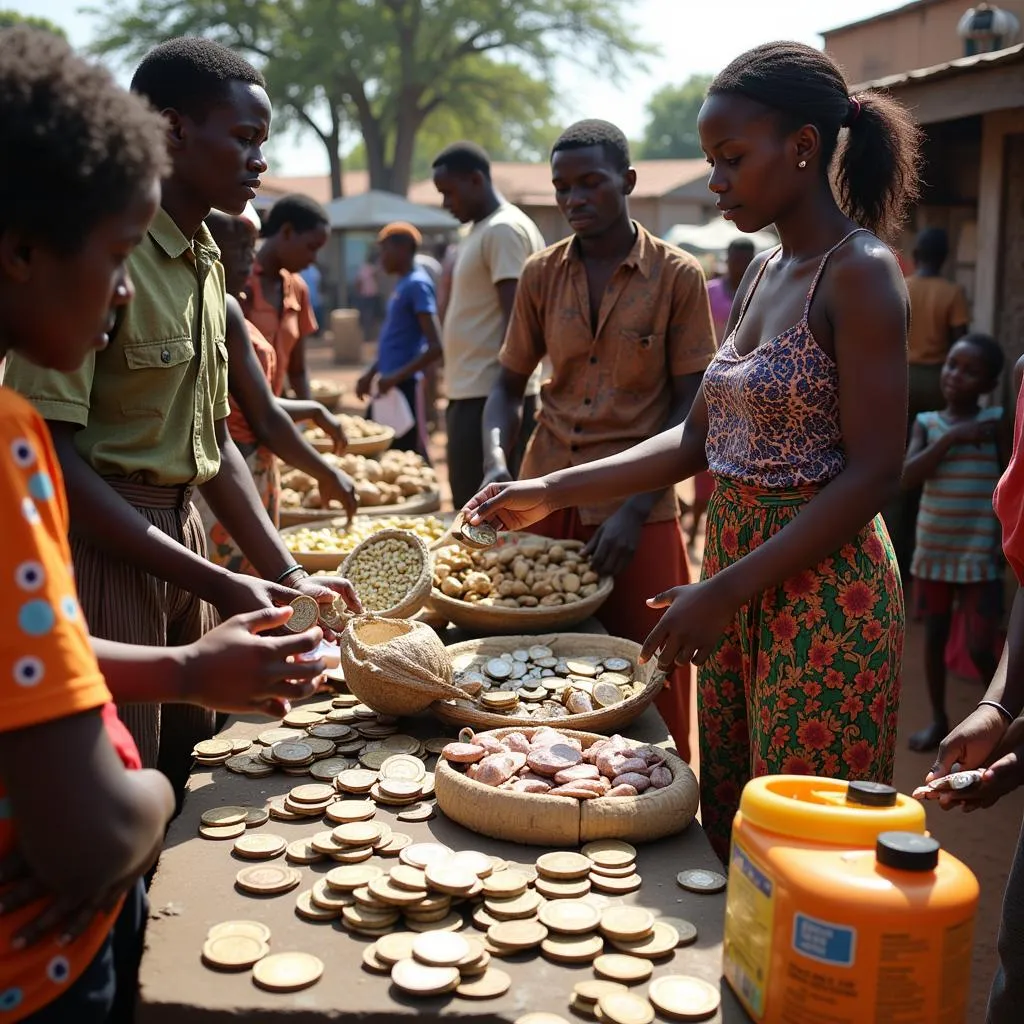 Market Transaction Using African Currency
Market Transaction Using African Currency
FAQs about African Currencies
1. What is the strongest currency in Africa?
The strongest currency in Africa fluctuates based on exchange rates, but the currencies with generally high values include the Libyan Dinar, the Tunisian Dinar, and the Ghanaian Cedi.
2. Can I use US dollars in Africa?
While US dollars are widely accepted in tourist areas, it’s always advisable to exchange some currency for the local currency of the country you’re visiting.
3. Are African currencies pegged to any major currencies?
Some African currencies are pegged to major currencies like the US dollar or the euro, while others float freely on the foreign exchange market.
Exploring More about Africa
Want to delve deeper into the captivating world of Africa? You can learn more about the continent’s rich history, culture, and diversity on our website.
Here are some related articles you might find interesting:
Let’s Connect!
We’re passionate about sharing the beauty and richness of Africa with the world. If you have any questions or would like to learn more about our tours and experiences, please don’t hesitate to contact us.
Call us: +255768904061
Email us: kaka.mag@gmail.com
Visit us: Mbarali DC Mawindi, Kangaga, Tanzania
Our team is available 24/7 to assist you.
